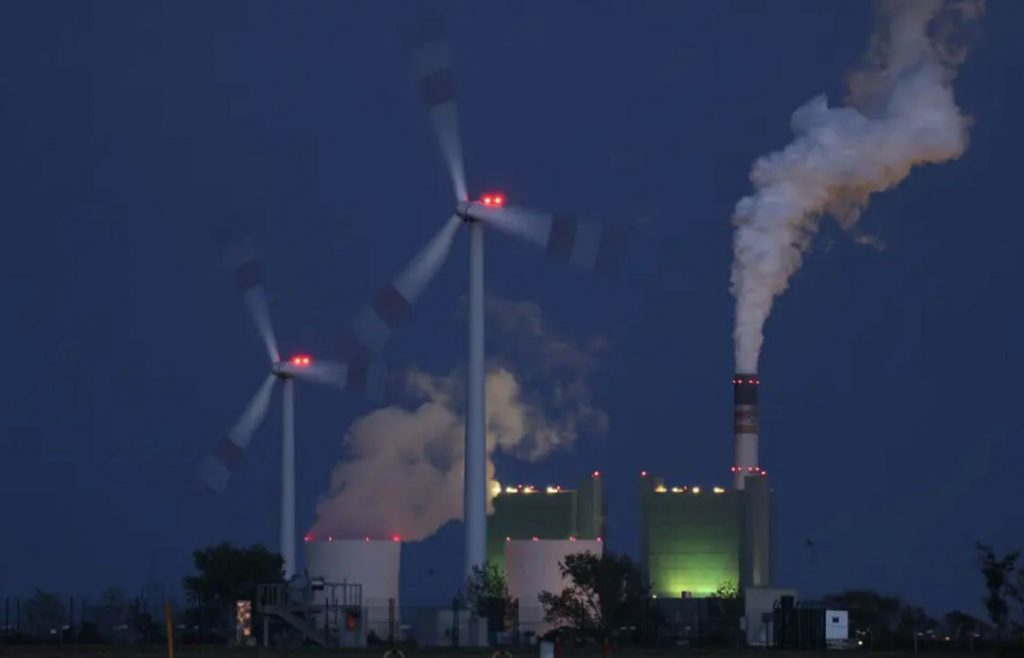As the energy crisis in Europe intensifies, European countries are scrambling to find alternative supply options to Russian coal and natural gas. According to the International Energy Agency, global coal sales are forecast to total 8 billion tons in 2022, returning to the record high set in 2013.

European Energy Crisis Drives Coal Trading
Coal imports into EU countries have increased significantly so far this year. In the first half of the year, EU coal imports totaled 57.6 million tons, up 49.6 percent year-on-year. in July, global seaborne coal for power imports reached 97.8 million tons, the highest level on record, up more than 9 percent year-on-year.
A Serbian coal carrier owner said that before the Russian-Ukrainian conflict, only one tenth of the ships carried coal. And now, this proportion has risen to one fifth.
Europe has recently stepped up the development of wind power and solar power, but this part of the power is currently difficult to alleviate the current energy crisis. For some European countries facing energy and power shortages, this winter will be tough.
Poland, Europe's Largest Coal Producer, Faces Coal Shortage
It is reported that 70% of Poland’s electricity comes from coal power, and about 3.8 million households rely on coal for heating. While its domestic coal production rate is declining, coal imports from Russia are increasing. Last year, Poland imported 12 million tons of coal, of which about 8 million tons came from Russia.
However, after the outbreak of the Russia-Ukraine conflict, the European Union imposed a coal embargo on Russia, making it difficult for Poland’s domestic coal production to meet the population’s demand for coal in winter. Soaring natural gas prices have made coal a more popular fuel for heating, which is relatively cheap.
In Podanka, in eastern Poland, people stay up late at night to buy coal because they are worried about the lack of fuel in winter. The booming coal market has given rise to many crooks. Some crooks even use dyed black stones to pass themselves off as coal. A number of Poles have recently been reported to have been subjected to coal scams.
A resident of Zawierce County, Silesia, Poland, ordered 3 tons of coal. However, after a few rains, the “coal” she bought began to fade, and she realized that what she had bought was not fuel, but dyed stones. The local police issued a warning, advising people to buy coal through regular channels.

German People Stock up on Coal Because of High Gas Prices
As the German government announced the “gas surcharge” from October this year, the energy expenses of a family of four will increase by nearly 500 euros. In the view of consumers, burning coal heating is obviously a more economical choice.
Coal suppliers in Berlin, Germany, have been doing brisk business recently, with orders already lined up for next month. In previous years, people who came to buy coal were mainly those who lived in older neighborhoods and could only heat their homes by coal-fired means. This year, however, there has been an influx of new customers buying coal.